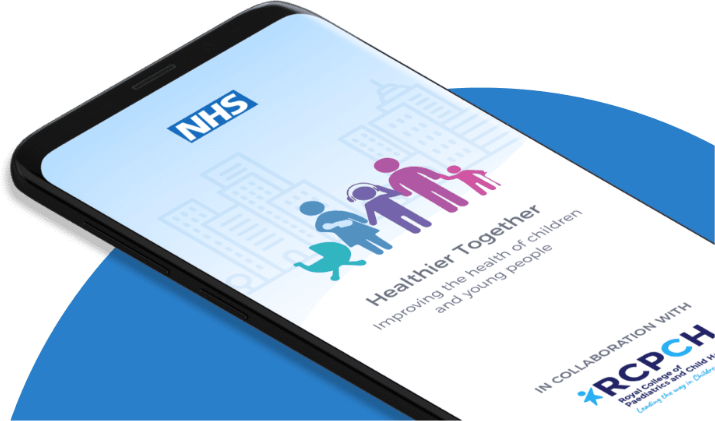If your child is under 5, you don't need to see your GP or health visitor about their bedwetting unless:
- It is upsetting them
- They might be constipated
- They go to the toilet a lot during the day (for example, every hour), they can't hold on for even a few seconds or minutes, peeing is painful, or they're peeing less than 4 times a day
- They have started wetting the bed again after being dry at night for over 6 months





